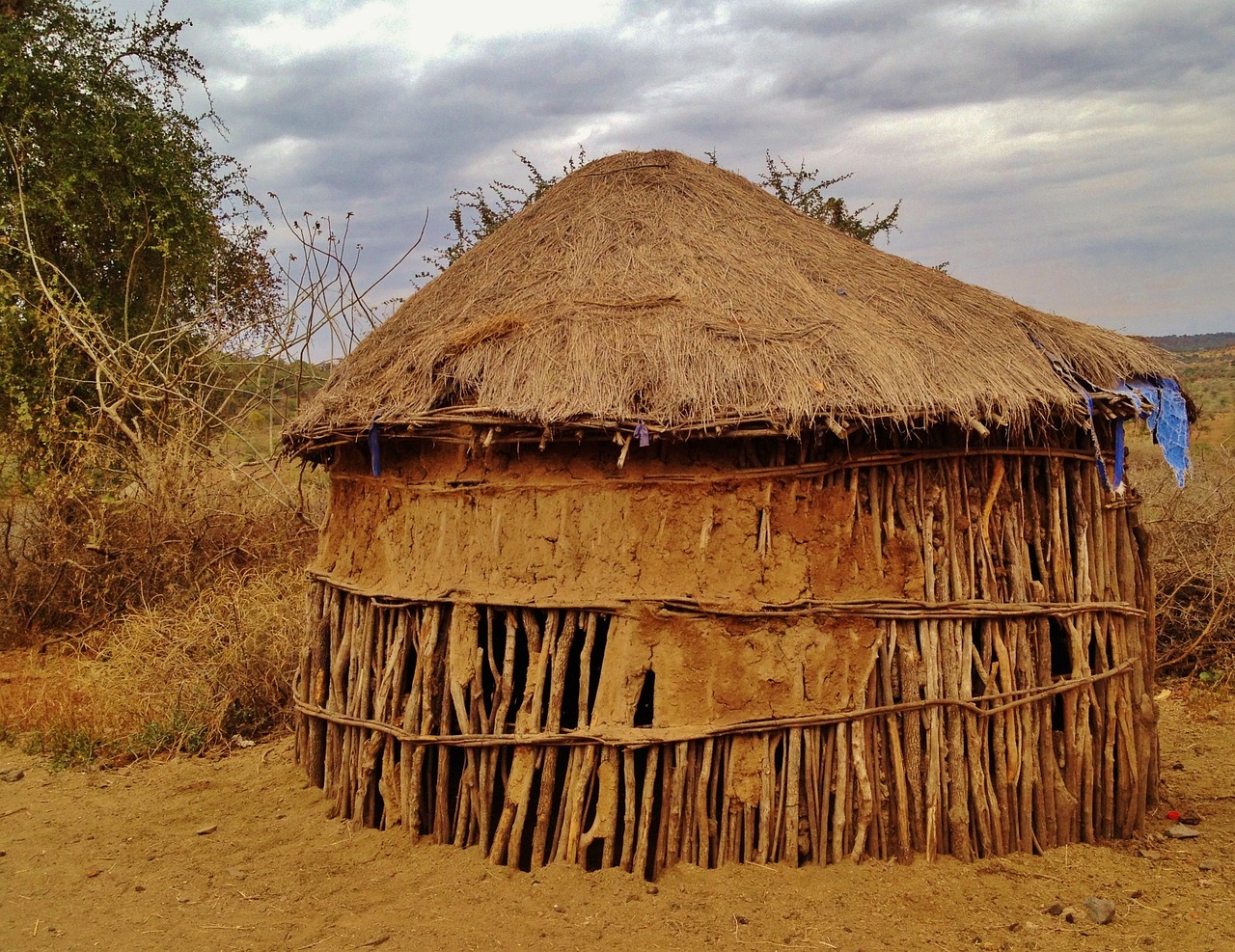Language and Communication: Overcoming Barriers in Tanzania
Language and communication play a crucial role in our daily lives, enabling us to express our thoughts, feelings, and ideas effectively. In Tanzania, a country known for its linguistic diversity, language and communication barriers can pose significant challenges in various aspects of life, including education, healthcare, and social integration. This article explores the barriers faced in Tanzania and the efforts made to overcome them.
Linguistic Diversity in Tanzania
Tanzania is home to more than 120 ethnic groups, each with its own unique language and cultural heritage. Swahili and English are the official languages, but numerous regional languages are spoken across the country. This linguistic diversity can create communication barriers, especially when people from different ethnic backgrounds interact.
- Language Differences: The multitude of languages spoken in Tanzania can hinder effective communication between individuals from different ethnic groups. Understanding and speaking multiple languages is crucial for fostering inclusive and efficient communication.
- Regional Variations: Each region in Tanzania has its own distinct language or dialect. This regional variation can complicate communication, particularly when people from different regions interact.
- Language Proficiency: Not everyone in Tanzania is fluent in Swahili or English, the official languages. Limited language proficiency can hinder effective communication, leading to misunderstandings and misinterpretations.
Tanzania Image 1:

Language and Education
Effective communication is vital in the field of education, as it facilitates knowledge transfer and academic success. However, language barriers can hinder educational progress in Tanzania.
- Mother Tongue Education: Recognizing the importance of mother tongue education, Tanzania has implemented policies to promote teaching in local languages during early education. This approach aims to enhance comprehension and learning outcomes.
- Bilingual Education: Bilingual education programs have been introduced to bridge the gap between local languages and the official languages. These programs enable students to become proficient in both their mother tongue and Swahili or English.
- Teacher Training: To improve language instruction, teacher training programs focus on equipping educators with the necessary skills to teach in multilingual classrooms effectively.
Language and Healthcare
In the healthcare sector, effective communication is essential for accurate diagnosis, treatment, and patient understanding. Language barriers in Tanzania’s healthcare system can have detrimental effects on patient care.
- Medical Interpreters: Hospitals and healthcare facilities are employing medical interpreters to bridge the language gap between healthcare professionals and patients who do not speak the official languages fluently.
- Translation Services: Healthcare documents, such as medical records and consent forms, are being translated into multiple languages to ensure patients can understand and participate in their healthcare decisions.
- Cultural Sensitivity: Healthcare providers are being trained to understand and respect the cultural beliefs and practices of patients from diverse linguistic backgrounds to provide culturally sensitive care.
Tanzania Image 2:

Language and Social Integration
Language plays a vital role in social integration, fostering a sense of belonging and community. Overcoming language barriers is crucial for promoting inclusivity and ensuring equal participation in society.
- Language Exchange Programs: Language exchange programs encourage interaction between individuals from different linguistic backgrounds, facilitating language learning and cultural understanding.
- Community Language Classes: Community-based language classes provide opportunities for individuals to learn languages spoken by different ethnic groups, promoting cross-cultural communication and integration.
- Public Awareness Campaigns: Public awareness campaigns aim to promote multilingualism and highlight the benefits of linguistic diversity, fostering a more inclusive society.
Language Technology and Innovation
Advancements in language technology and innovation are playing a significant role in overcoming language barriers in Tanzania.
- Translation Apps: Mobile applications that offer real-time translation between multiple languages are becoming increasingly popular, facilitating communication in various settings.
- Speech Recognition Software: Speech recognition software is being developed to accurately transcribe spoken languages, aiding communication between individuals who do not share a common language.
- Language Learning Platforms: Online language learning platforms provide accessible resources for individuals to learn new languages, promoting language proficiency and intercultural communication.
Tanzania Image 3:

Conclusion
Language and communication barriers in Tanzania pose challenges in various aspects of life, including education, healthcare, and social integration. However, efforts are being made to overcome these barriers through policies, programs, and technological advancements. By promoting multilingualism, investing in education, and embracing language technology, Tanzania is working towards a more inclusive and communicative society.
References
– Tanzania Development Gateway: tanzaniagateway.org
– Ministry of Education, Science, and Technology: mest.go.tz
– World Health Organization – Tanzania: who.int/tanzania

